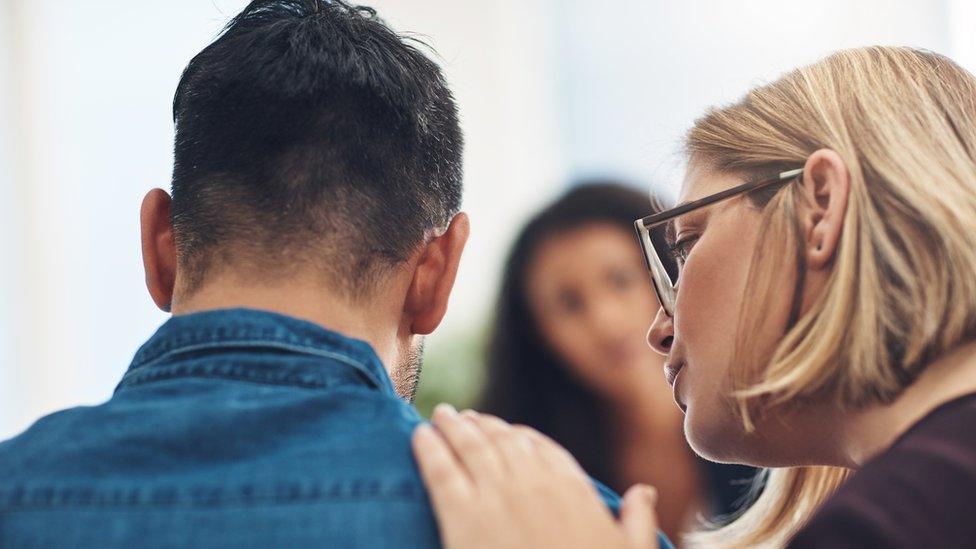Suicide help for bereaved families 'sadly lacking'
- Published
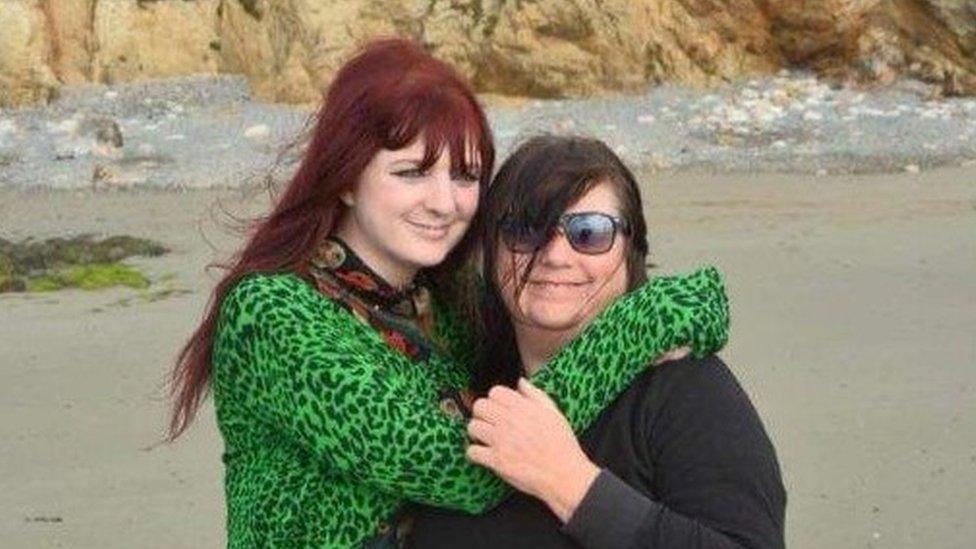
Moves are being made to provide better support for parents who have lost children to suicide
It felt like "a car crash" when she found out, with the pain of her daughter's suicide hitting Nina Roberts "like a sledgehammer".
Alice Minnigin struggled after being sexually abused as a child, but her mother thought she was dealing with it and called her a "survivor".
However, she died last August, nine months before her 33rd birthday.
Ms Roberts is working with the Betsi Cadwaladr health board which said help for families is "sadly lacking".
"Alice had a difficult childhood and experienced a huge amount of sexual abuse," Ms Roberts, from Rhydwyn, Anglesey, explained.
"She found it really difficult over the years but she was a survivor and she always seemed to come through."
Despite this, she said the "signs were always there" for the former Ysgol Moelwyn pupil.
"But I genuinely thought she had got past it," her mother said.
"She had got a place to study nursing, she'd been working full-time in Bristol and she had a house and a mortgage."
However, 7 August last year was the day that changed Ms Roberts' life forever - when her daughter took her life.
She said: "You get a knock on the door and your whole life is turned upside down and then you're left to pick up the pieces.
"The shock is just unbelievable and the physical pain you feel is very strange."
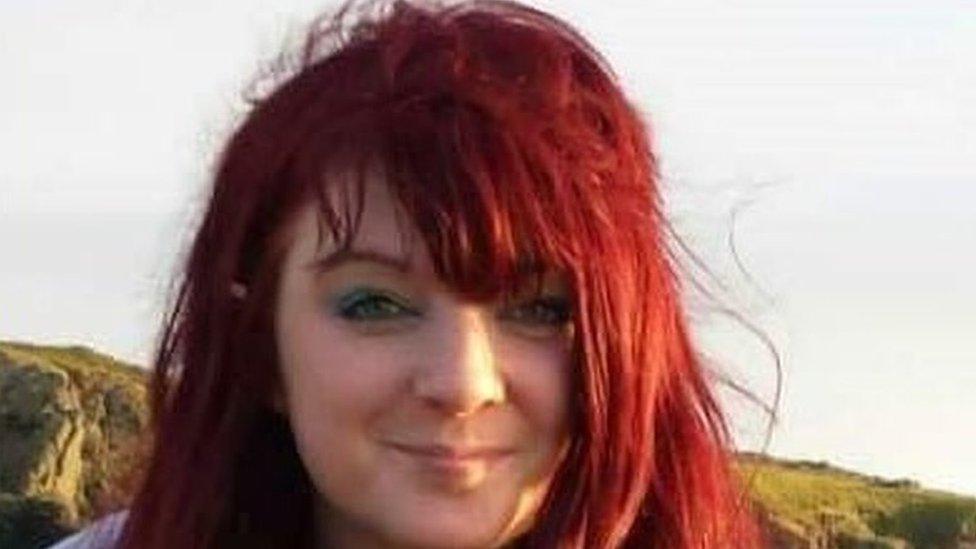
Alice's mother believed she was a "survivor" and had put many of her problems behind her
Instead of celebrating her birthday with her, she scattered her ashes and held a fireworks display in the Moelwyn mountains, above Alice's hometown of Blaenau Ffestiniog.
She said it is what her "incredibly funny, caring, bright and unique" daughter would have wanted.
While she has been helped by informal support groups, she believes more formal support is needed.
"I've spoken to other mums who have been in the same situation," Ms Roberts said.
"Once the blue lights go all you are given is an incident number for your child who has died.
"If somebody died in a car crash or they were murdered, then that person's family would be supported by a family liaison officer.
"Suicide is a violent death so there should be support in place for those families, even if it's just to help in those first few days."
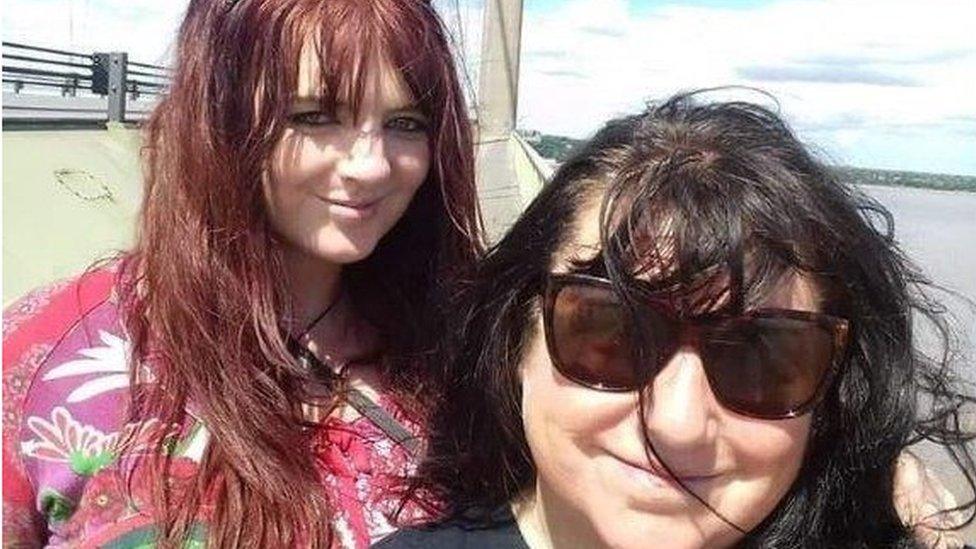
Ms Roberts said it is a "complicated grief" and part of her is still angry with her daughter
Ms Roberts said many people do not realise the number of practical things next of kin are required to do.
She added: "I'd had support from friends and family but not everybody has that.
"Some people are on their own and I cannot imagine what that would have been like."
Ms Roberts said it is still "incredibly raw and incredibly painful", adding: "Suicide is a complicated grief because you're conflicted. How can you not be?
"You don't want that person to be in pain, but you can't quite believe what they've done either.
"There's still a part of me that's very angry with Alice for what she's put people through."
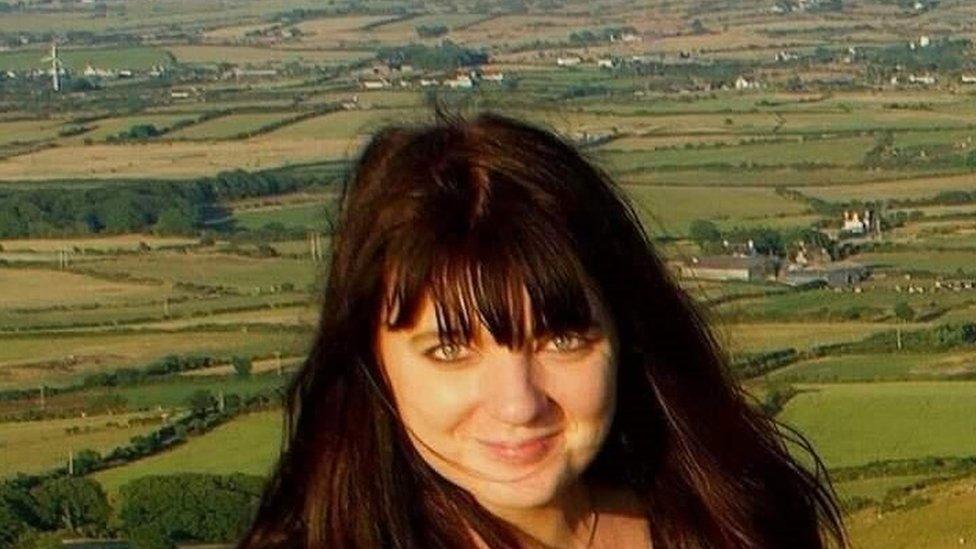
Betsi Cadwaladr health board is working with bereaved mothers to improve support after a loved one has died
She is working with Betsi Cadwaladr health board to introduce a postvention pathway to support bereaved families.
It is hoped it will include emotional support, as well as practical help in the days and weeks following a loved one's death.
Head of mental health services in north west Wales Sam Watson said it is determined to "plug this gap".
She added: "Significant work is being undertaken to improve suicide prevention in north Wales but we recognise that formal support for people bereaved by suicide is sadly lacking."
Ms Watson said it was only by working with families it could "ensure that these services meet the needs of families now and in the future".
If you have been affected by self-harm, suicidal thoughts or emotional distress, help and support is available via the BBC Action Line.
- Published3 April 2019
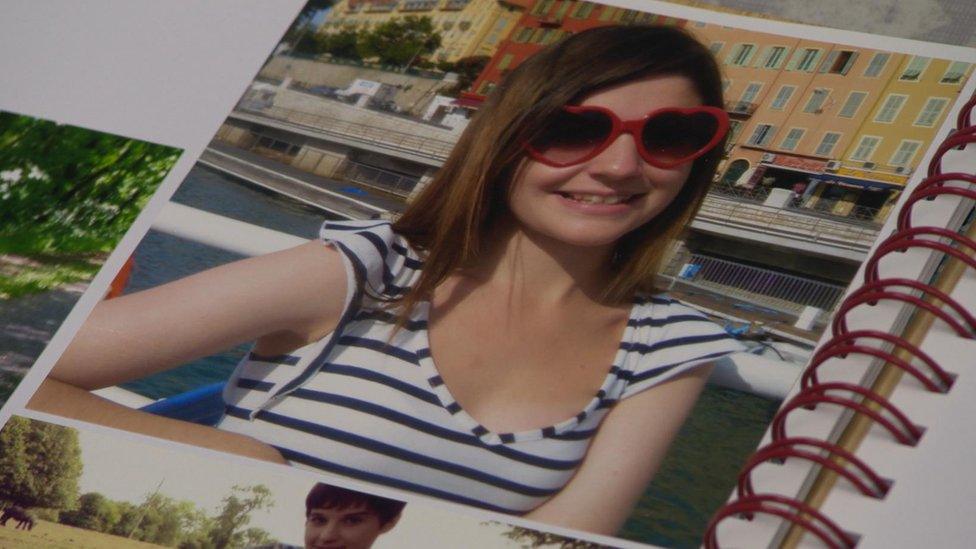
- Published5 December 2018
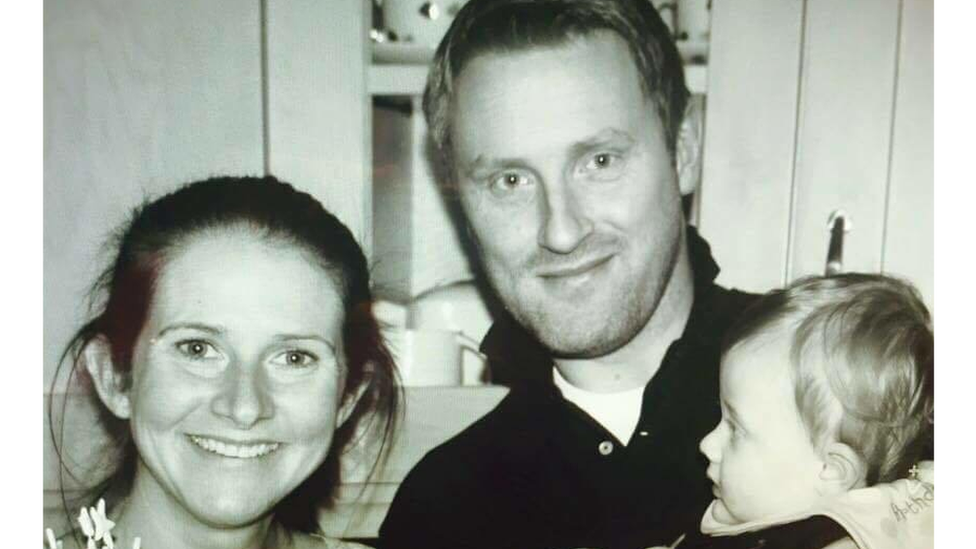
- Published23 May 2018
